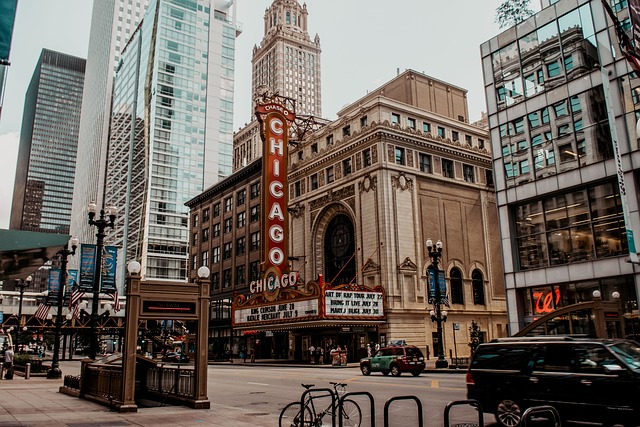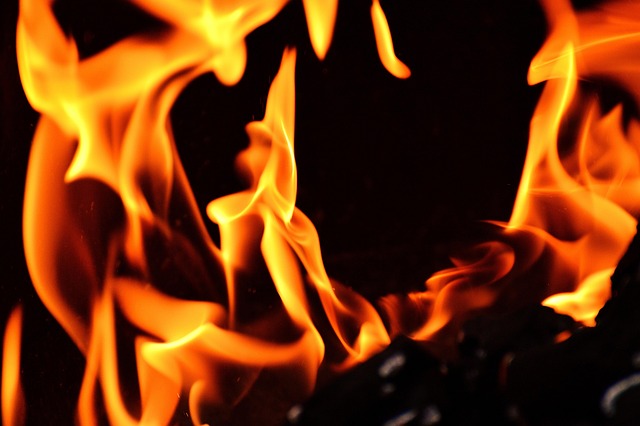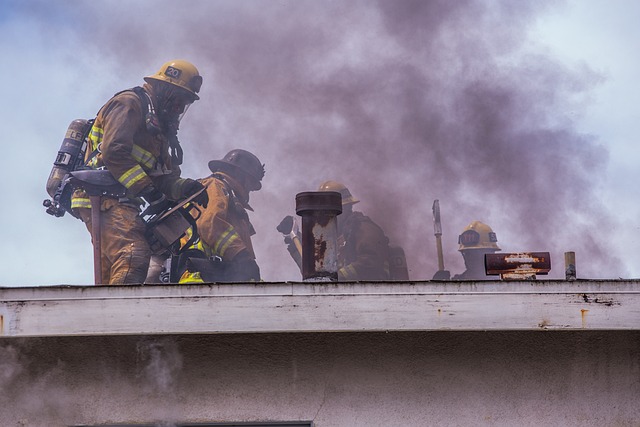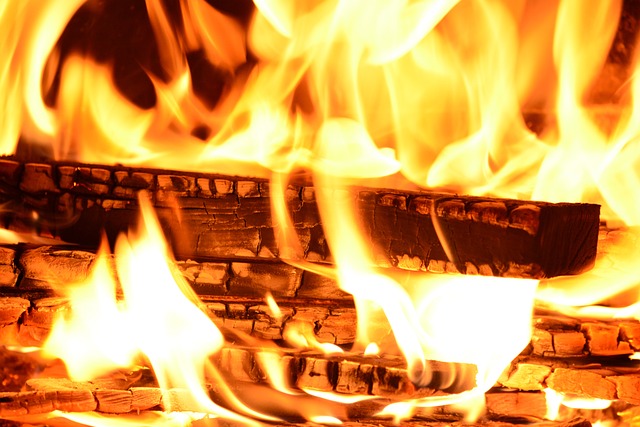After a fire in Chicago, investors face both challenges like high rebuilding costs and opportunities like tax incentives and growing housing demand in revitalizing areas. Selling requires assessing damage, understanding local codes, and effective marketing to attract buyers. Despite complexities, it presents a chance to acquire undervalued real estate, contribute to community redevelopment, and achieve substantial investment returns through strategic approaches tailored for Chicago's post-fire market.
Chicago’s real estate landscape presents unique opportunities and challenges, especially post-fire. This article delves into the intricacies of navigating the market for investors brave enough to venture into this vibrant city. We explore strategies tailored to selling houses after fires in Chicago, understanding the market dynamics, and identifying hidden gems amidst the rubble. Whether you’re a seasoned investor or new to the scene, these insights will equip you with the knowledge needed to thrive in Chicago’s real estate arena post-fire.
- Understanding the Market: Challenges and Opportunities for Real Estate Investors in Chicago Post-Fire
- Strategies for Successful Investments: Navigating the Process of Selling a House After a Fire in Chicago
Understanding the Market: Challenges and Opportunities for Real Estate Investors in Chicago Post-Fire

After a fire, Chicago’s real estate market presents both unique challenges and opportunities for investors. One of the primary hurdles is the cost of rebuilding or renovating damaged properties, which can significantly impact profitability. However, the post-fire landscape also offers incentives like tax benefits designed to encourage rehabilitation and reinvestment in affected areas. Investors who navigate these complexities can capitalize on the demand for quality housing in revitalizing neighborhoods.
The process of selling a house after a fire in Chicago requires careful consideration. Investors must assess the extent of damage, understand local rebuilding codes, and market their properties effectively to attract buyers. Despite these tasks, the post-fire period can be a golden opportunity to acquire undervalued real estate, contribute to community redevelopment, and achieve solid returns on investment.
Strategies for Successful Investments: Navigating the Process of Selling a House After a Fire in Chicago

Selling a house after a fire in Chicago requires a strategic approach for real estate investors to maximize returns and navigate the unique challenges that arise. The initial step involves assessing the property’s damage, which can significantly impact the asking price. Investors should engage professional appraisers or inspectors to provide an accurate estimate, considering both repair costs and potential market fluctuations.
Once the damage is assessed, effective marketing becomes crucial. Real estate investors in Chicago should highlight the property’s potential for renovation and focus on the benefits of a modern, well-restored home. Utilizing digital platforms and social media can help attract buyers who appreciate contemporary design and are willing to invest in transformations. Additionally, partnering with local contractors specializing in rebuilding efforts post-disaster can enhance the property’s appeal, ensuring a successful sale at a favorable price.
Chicago’s real estate market, though resilient with its unique challenges, offers substantial opportunities for investors who understand the post-fire landscape. Mastering the art of buying and selling in this context requires a strategic approach, especially when navigating the process of selling a house after a fire. By adopting adaptable strategies discussed herein, investors can capitalize on market dynamics, ensuring profitable outcomes while contributing to Chicago’s ever-evolving real estate tapestry. Remember that, in this dynamic city, staying informed and agile is key to unlocking successful investments, including those involving properties affected by fires.






